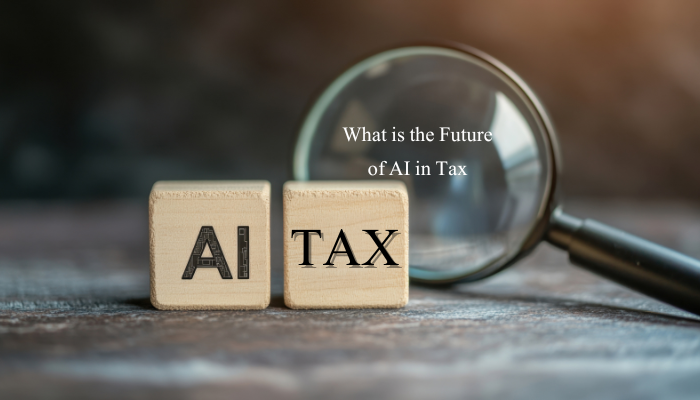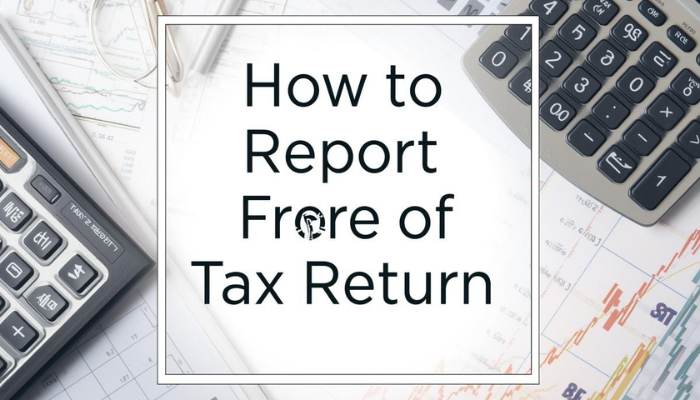
What is the Future of AI in Tax?
The matters of taxation have always been difficult to understand by laypersons and even some business professionals. Artificial intelligence (AI) is changing the way taxes are done. Governments of several countries regulate the required amendments in taxes. It means taxation keeps evolving. Therefore, businesses must adjust accordingly. So, what is the future of AI in tax?
L&Y Tax Advisors helps you explore key developments, implications, and practical uses of AI in taxation – particularly relevant to a business offering tax planning, compliance, audit representation, and CFO advisory services.
Artificial Intelligence in Taxation
To automate research, compliance, and advisory work, AI in taxation leverages:
- Machine learning
- Natural language processing
- Predictive analysis
Recent advances in generative AI and agentic systems promise to transform how tax professionals:
- Analyze datasets
- Draft reports
- Interpret regulatory changes
The current trend is toward blending human judgment with AI augmentation, instead of full automation.
What is the Future of Tax AI?
The future of AI in tax is not just incremental automation, but strategic transformation. In forecasts, 95% of tax firms expect generative AI to become central to daily workflows within five years.
Many believe pricing, client engagement, and service models will shift: nearly 43 % expect their billing rates to increase as AI adds value. In addition, AI will enable real-time:
- Tax compliance
- Proactive advisory alerts
- Smarter audit risk assessments
The following businesses will lead that master:
- AI literacy
- Policy frameworks
- Secure data environments
Read: What is a VAT number in the US?
How Will AI Impact Taxes?
AI will influence taxation at both micro and macro levels:
Efficiency Gains
AI can spare professionals from:
- Data entry
- Document summarization
- Repetitive regulatory research
Deeper Insights
Predictive models can forecast:
- Tax liabilities
- Cash flows
- Audit probabilities
- Identification of deductions or planning opportunities
Better Compliance and Risk Control
Automated anomaly detection and rule-based monitoring reduce errors. It also flags potential noncompliance.
Client Expectations Shift
With AI, clients will demand:
- Faster turnaround
- Deeper analysis
- More proactive advice
Will Tax be Replaced by AI?
No. AI will not fully replace tax professionals. Instead, it will transform roles. Most experts believe AI functions as a force multiplier and not a substitute. Humans will continue to:
- Provide judgment
- Interpret strategy
- Manage client relationships
New roles will emerge – AI auditors, data interpreters, compliance architects.
Read: What is a tax district?
How is AI Used in Taxation?
AI is already being used in several ways:
Document Understanding
Automatically extracting data from:
- Invoices
- Contracts
- Financial statements
Drafting and Summarization
Summarization and drafting comprises generating:
- Memos
- Tax return drafts
- Client letters
- Summarizing regulations
Predictive Analytics
AI in taxation assists with:
- Estimating tax outcomes
- Identifying high-risk transactions
- Modeling tax scenarios
Audit and Compliance Screening
AI can expertly deal with flagging:
- Inconsistencies
- Red flags
- Outlier transactions
Advisory Assistance
AI can efficiently deal with business tax. It gives suggestions based on historical data and rules. For instance, you can get recommendations on:
- Tax strategies
- Tax credits
- Planning relevant routes
The Bottom Line
The question ‘What is the future of AI in tax?’ points to a horizon where technology amplifies human capacity. AI will automate data tasks. It can improve compliance and surface insights. However, human strategy and judgment will always remain indispensable.
Tax practices that embrace AI thoughtfully focus on balancing innovation, security, training, and client trust. So, this is the future of tax, and a deeply promising one for businesses ready to lead.


